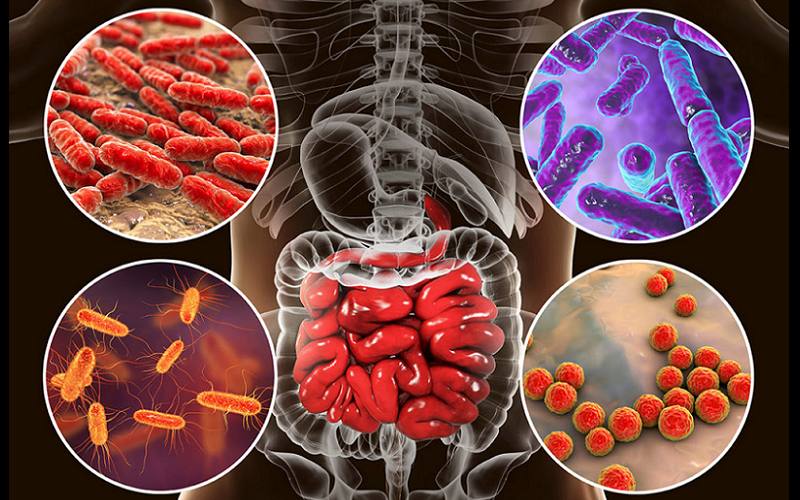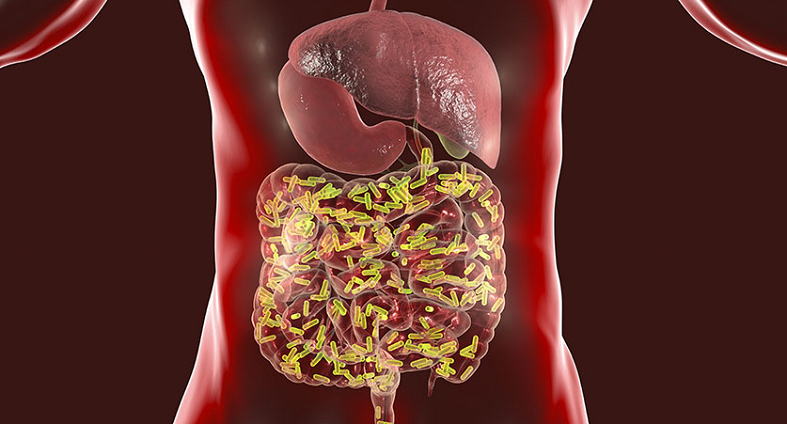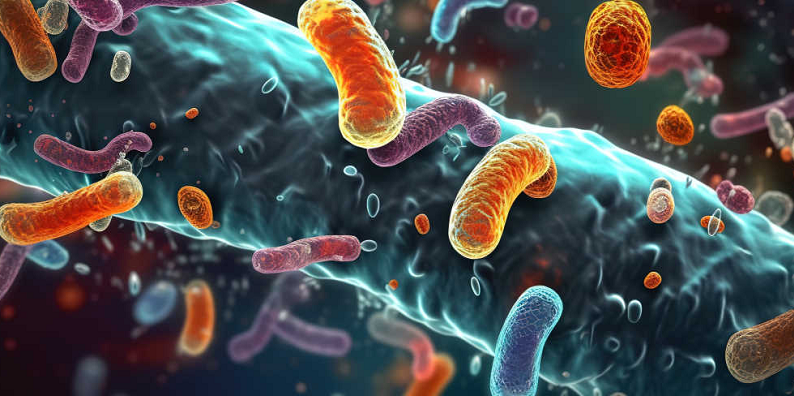
Often overlooked, enterogastrones are hormones play a crucial role not just in our digestive process, but also in shaping our mental well-being, cognitive abilities, and emotional balance. Here we examine the types and functions of key gastrointestinal hormones, such as ghrelin, leptin, and cholecystokinin (CCK), and explore how they communicate with our brain through the intricate gut-brain axis.
Contents
Introduction to Enterogastrones and Brain Health
In the complex world of human physiology, the role of gastrointestinal hormones, often referred to as enterogastrones, is a subject of increasing interest, particularly in the realm of cognitive and brain health. These hormones, originating in the gut, are not only pivotal in the digestion process but also play a significant role in regulating various aspects of our brain function.
Definition of Enterogastrones
Enterogastrones are a group of hormones primarily produced in the gastrointestinal tract. They are key players in the digestive process, helping regulate appetite, digestion, and nutrient absorption. Beyond their traditional roles, enterogastrones have been found to have far-reaching effects on the brain’s functioning, influencing everything from mood to cognitive abilities.
Overview of Gastrointestinal Hormones
The gastrointestinal tract is not just a pathway for food digestion but a sophisticated system that produces various hormones with systemic effects. These hormones include ghrelin, known as the ‘hunger hormone,’ leptin, associated with satiety, and cholecystokinin (CCK), which aids in digestion and appetite regulation. Each of these hormones has unique functions, yet they collectively contribute to the gut-brain axis, an essential communication link between the gut and the brain.
Importance of Understanding Gastrointestinal Hormones Impact on Brain Health
Understanding the impact of gastrointestinal hormones on brain health is crucial for several reasons. First, it offers insights into the physiological basis of various mental health conditions, such as anxiety and depression. Second, it sheds light on the potential neurological implications of gastrointestinal disorders. Finally, this knowledge paves the way for innovative approaches to treating and managing cognitive and brain-related health issues, emphasizing the importance of gut health in overall well-being [1].

The Science of Gastrointestinal Hormones
As we get deeper into the realm of gastrointestinal hormones, it’s essential to understand the science behind these powerful substances. These hormones, secreted by the cells lining the stomach and intestines, play a critical role in not only managing our digestive processes but also in influencing our brain health.
Types of Gastrointestinal Hormones
The gastrointestinal tract secretes a variety of hormones, each with its unique role and function. Among these, three stand out for their significant impact on both digestion and brain health: ghrelin, leptin, and cholecystokinin (CCK).
- Ghrelin: Often labeled as the ‘hunger hormone,’ ghrelin is primarily produced in the stomach and is responsible for stimulating appetite.
- Leptin: Contrasting ghrelin, leptin, often referred to as the ‘satiety hormone,’ is secreted by fat cells and signals to the brain that the body has enough energy stored, thus reducing appetite.
- Cholecystokinin (CCK): This hormone is released by the small intestine in response to food intake and aids in digestion while also playing a role in reducing appetite.
Functions of Each Hormone
Each of these hormones has distinct functions that go beyond the mere regulation of appetite and digestion [2].
Role in Digestion
- Ghrelin stimulates the release of digestive enzymes and gastric acid, preparing the stomach for food intake.
- CCK aids in the digestion of fats and proteins by stimulating the pancreas and gallbladder.
Influence on Appetite and Metabolism
- Ghrelin increases before meals, signaling hunger, and decreases after eating.
- Leptin communicates to the brain about the body’s energy reserves, influencing energy expenditure and appetite.
The Gut-Brain Axis
The gut-brain axis represents a complex communication network that links the gastrointestinal tract and the brain. This connection is vital in understanding the broader impact of gastrointestinal hormones on brain health.
Communication Pathways
The gut-brain axis involves various pathways, including the vagus nerve, the enteric nervous system, and the endocrine (hormonal) system. These pathways transmit signals from the gut to the brain and vice versa.
Neurotransmitter Interactions
Gastrointestinal hormones affect the production and release of neurotransmitters, like serotonin and dopamine, which are crucial for mood regulation and cognitive functions. For instance, a significant portion of the body’s serotonin, known for its role in mood stabilization, is produced in the gut [3].

Enterogastrones and Brain Health
The intricate connection between enterogastrones and brain health is a fascinating area of research that offers valuable insights into how our gastrointestinal system influences our mental and cognitive functions.
Influence of Enterogastrones on Cognitive Functions
Gastrointestinal hormones play a crucial role in brain functions that are fundamental to our daily lives.
Memory
Research has shown that hormones like ghrelin and leptin can influence memory processes. For instance, ghrelin is found to enhance learning and memory consolidation, likely through its action on the hippocampus, a brain region crucial for memory formation [4].
Learning
Similarly, leptin is not just involved in appetite regulation but also in modulating synaptic plasticity in the brain, which is essential for learning and cognitive adaptation.
Impact of Enterogastrones on Mood and Emotional Well-being
The gut-brain axis is also a key player in regulating our mood and emotional states, with gastrointestinal hormones having a significant influence.
Anxiety and Depression
Fluctuations in levels of gastrointestinal hormones have been linked to mood disorders such as anxiety and depression. For example, altered levels of ghrelin and leptin are observed in individuals with depression, suggesting a potential role in mood regulation.
Stress Response
These hormones also modulate the body’s stress response. Ghrelin, for example, has been shown to have anti-stress effects, potentially offering protective benefits against stress-induced disorders [5].
Relationship of Enterogastrones with Neurological Disorders
Gastrointestinal hormones may also play a role in the development or progression of certain neurological disorders.
Alzheimer’s Disease
Studies suggest that dysregulation in gastrointestinal hormones like ghrelin could be linked to the pathogenesis of Alzheimer’s disease, potentially through their influence on brain-derived neurotrophic factor (BDNF) and insulin signaling.
Parkinson’s Disease
Similarly, alterations in gut hormone levels have been associated with Parkinson’s disease, possibly due to their influence on gut motility and the gut-brain axis.
References
[1] The Gut-Brain Connection
[2] How the Gut’s “Second Brain” Influences Mood and Well-Being
[3] Interaction Between the Brain and the Digestive System
[4] Effects of GLP-1 and Incretin-Based Therapies on Gastrointestinal Motor Function
[5] Preparation of highly active enterogastrone
